What Practical Foundations Does A Business Rest On?
image: Pexels – CC0 License
It’s very easy for business advice to rest in principles, values, and vague visionary ideals that feel good but don’t really push you in the right direction. Of course, it’s valuable to know small techniques such as underpromising and overdelivering, of repeatedly offering value to long term clients, and of networking in your local community. All of this can help any business. But again, they’re just general approaches, not specific measurements that help sustain your firm through objective means.
For any building or structure to stand over the years, it has to be robust and remain on solid foundations. The superstructure has to be secure and robust, the load bearing pillars have to support the floors and walls, and the ceiling infrastructure must be durable. We can view our business in the same way, an enterprise and visionary measure sure, but also a tangible thing with a practical reality.
For that reason, it’s worth asking – what practical foundations should a business actually rest on? Let’s consider that, below:
Tax & Business Registrations
It’s not romantic, but having a solid base and registering your business as a legal entity is important. It’s not enough to just appeal to a local market and sell from your home. Luckily, expert help with EIN filing is more than possible. Getting your business registered means you have more credibility and are more likely to trust you when they see you have your paperwork in order. This can also help you onboard with other services, such as those which offer:
Precise Bookkeeping & Documentation
As your business grows, so will your expenses and income streams, and it’s easy for things to get messy fast and incomprehensible. Writing down every little transaction helps you stay on top of your finances and gives you a clear picture of where your money is going, but having systems in place that automate this, like budgeting software, digital account sheets, and point of sale systems is usually how businesses do it. You’ll still need to check your balance sheet of course, but you’ll also be able to translate this condensed info to a tax specialist to ensure you’re never late on payments or calculate them incorrectly. That can also help you wipe off certain expenses when needed, too.
Stringent Market Research
You may have decent insight into the market, but knowing that market isn’t just something you do once and forget about. It’s an ongoing effort and you can’t take it for granted, because other businesses are continually trying to shape your possible audience into their favor. You need to have a feel for who your customers are, what they want, and what’s going on in your industry to make decisions that could potentially help you deliver on a vision, being proactive instead of reactive. This kind of awareness helps you adjust to shifts in demand or trends and keeps your business relevant, even if you’re just modest and even if you’re running a timeless business like a salon. Think of how dentists had to become familiar with tools like Invisalign, for instance.
With this advice, you’ll be certain to be certain of the practical foundations a business rests on.





